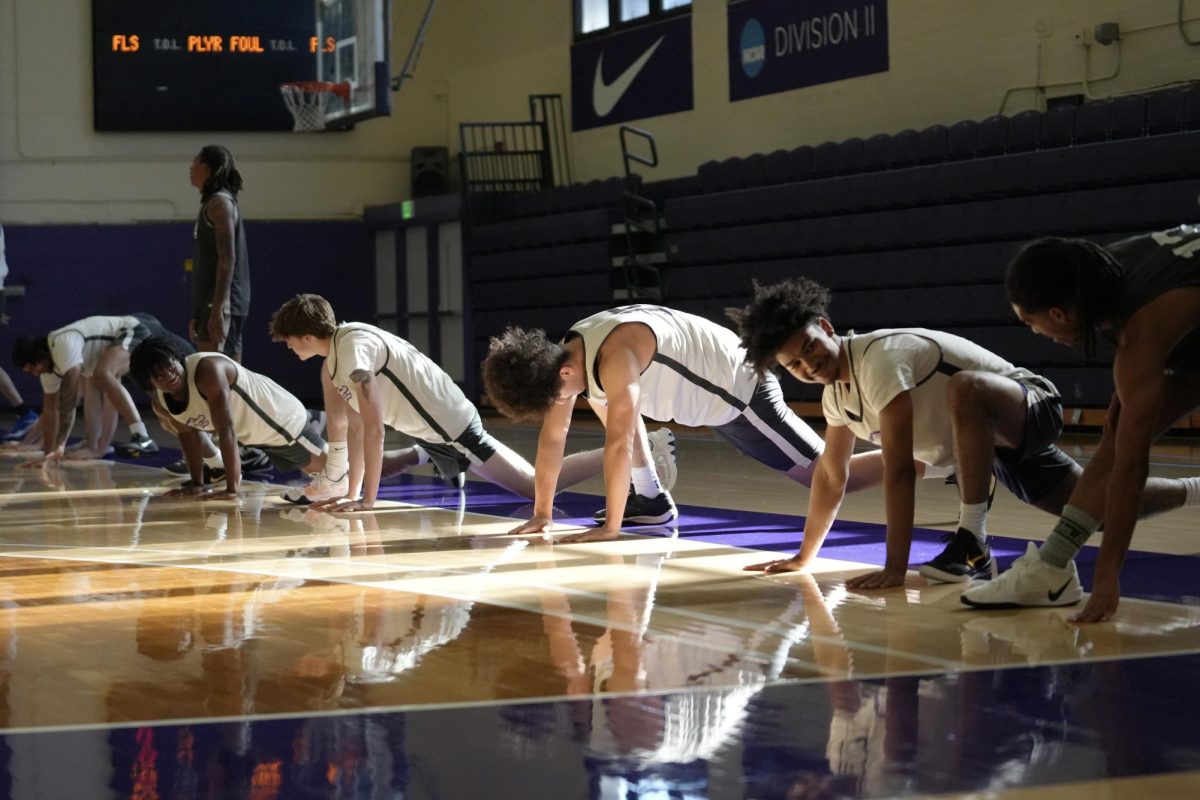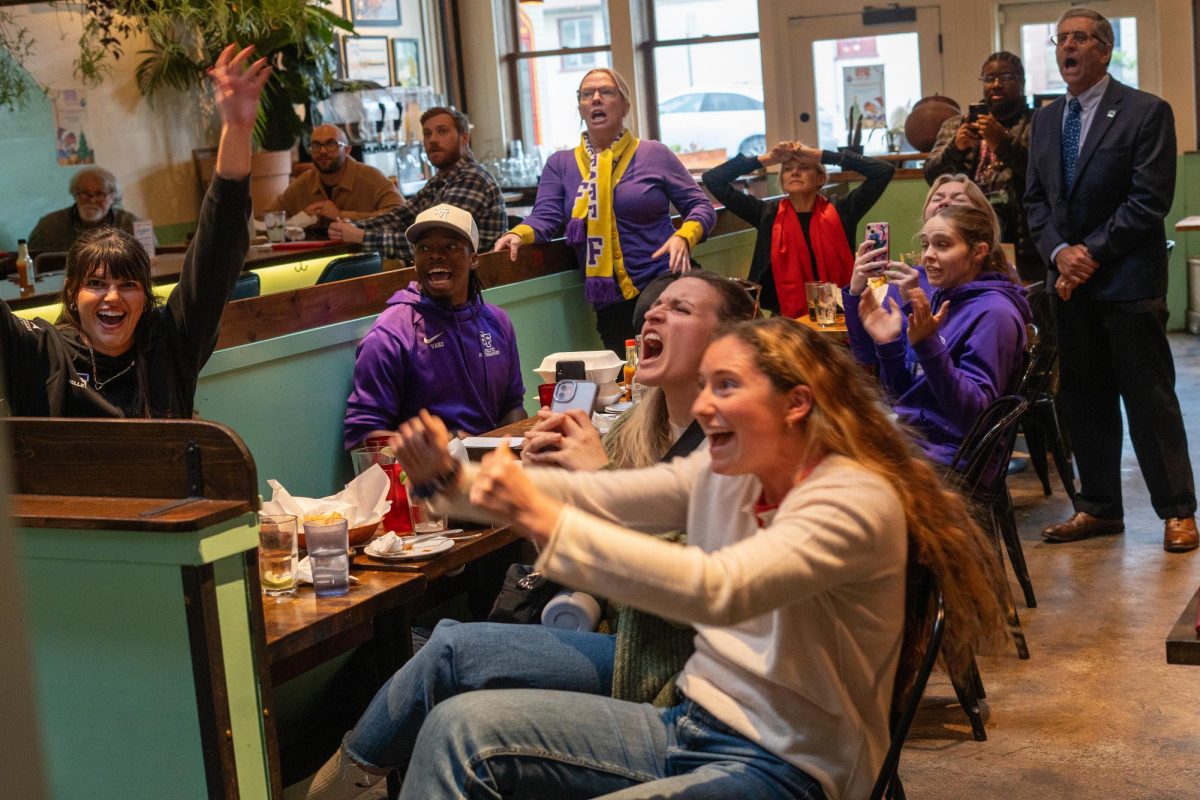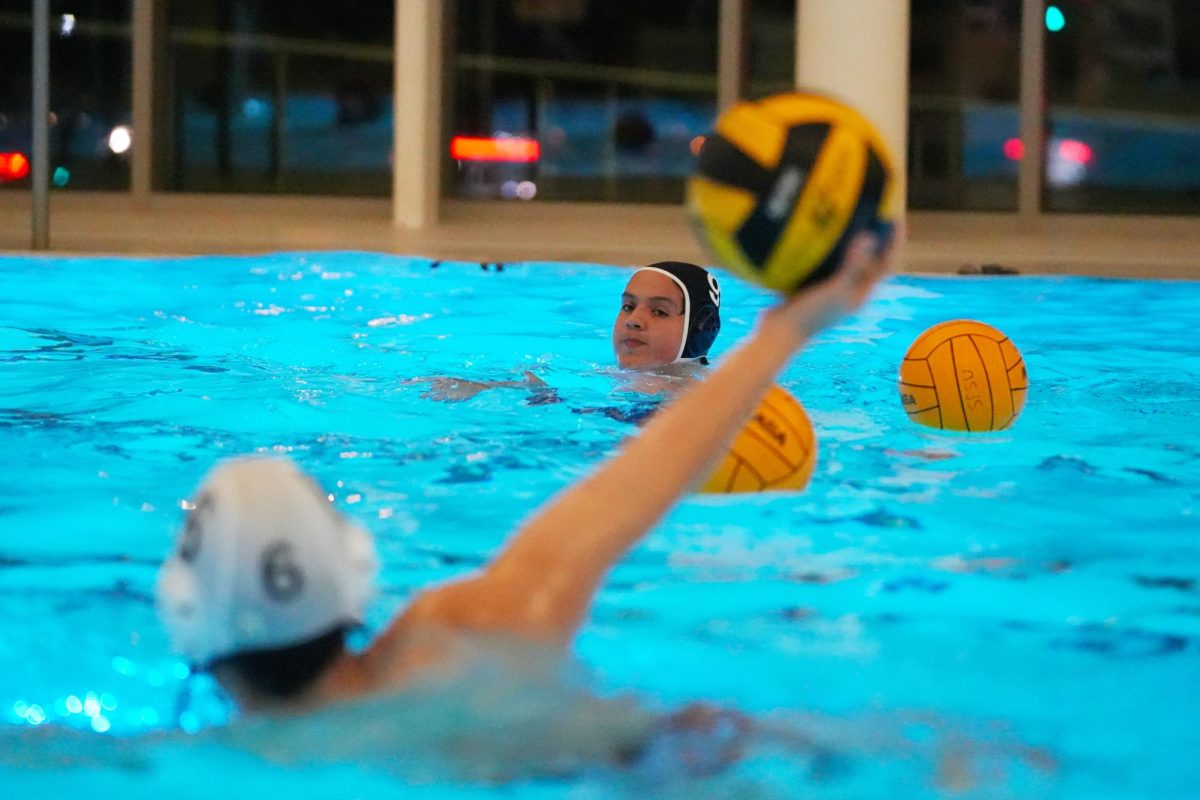The last out has been called and the finish line has been crossed. The next step for SF State’s senior collegiate athletes will be to move forward. Soon they must choose between pursuing a career in their majors or continuing on with the sports they have participated in for years.
Transitioning from a college sports career to life as a professional athlete is highly competitive. Studies show that most college athletes will not have the chance to play their respective sports professionally.
According to the National Collegiate Athletic Association, only 1 percent of college athletes are recruited at the professional level. Baseball is the only exception, with about 11 percent of student athletes recruited.
Most athletes at SF State are more focused on pursuing their majors rather than their sports. Former volleyball player Halimah Oswald, 22, will graduate with a degree in psychology. As a collegiate volleyball player, Oswald’s skills improved drastically, she said. While it was difficult for her to say goodbye to the sport, she is focused on becoming a psychologist.
The decision to put majors before sports is something that many graduating seniors still wrestle with. Some are lucky enough to make both athletics and academics work together. University alumnus Mark Tabuso trained competitively in kickboxing while studying kinesiology at SF State before graduating in 2001. While at the University, he realized that he could use his studies to get better at his sport so that one day he could make it into his career.
“In the ‘90s when I was fighting, I was using what they were giving me as my training regimen,” he said. “There was a lot more science that SF State provided for me.”
Now Tabuso owns FSA Fight Team, a mixed martial arts gym in South San Francisco. It took 10 years of working odd jobs before his dream could sustain him completely.
“There is a lot of setbacks,” Tabuso said. “In a sport like this, a fight sport, it’s still a gutter sport. It’s not like people with a ton of money want to come in and train in this type of stuff.”
Many former athletes often stay involved in their sports through clubs, recreational programs and other active sport leagues. After graduating, SF State baseball catcher Matt Quintero plans to continue with baseball competitively through either independent leagues or the minor league system. Other athletes at the University have the opportunity to do the same utilizing recreational leagues like Sport4Good; a community-based program which organizes basketball, dodgeball and volleyball tournaments throughout the Bay Area.
Other organizations like Coaching Corps, Amateur Athletic Union and the YMCA provide another outlet to continue living in the athletic world. They also provide volunteer opportunities like coaching, mentoring and administrative roles as a way to run their programs and give former athletes a way to stay involved with their sports. SF State goalkeeper Mike McNeill hopes to take his experiences and build them into a career as a soccer coach, specifically in the college community.
City leagues also offer opportunities of employment for both continuing and graduating athletes. Heather Robinson, 36, who is now studying recreation, parks and tourism on the graduate level, went from playing collegiate basketball to coordinating the adult sports leagues in the East Bay. She never thought she would have a career in basketball, but she continued to be drawn to jobs that were sports-oriented.
“You got to be careful those opportunities don’t get ruined,” she said.
After graduation, all Gators will face the reality that life as a student athlete will come to an end. They will have to make decisions about their futures to determine how involved, if at all, they will be in a sport that has been such an important part of their lives.






